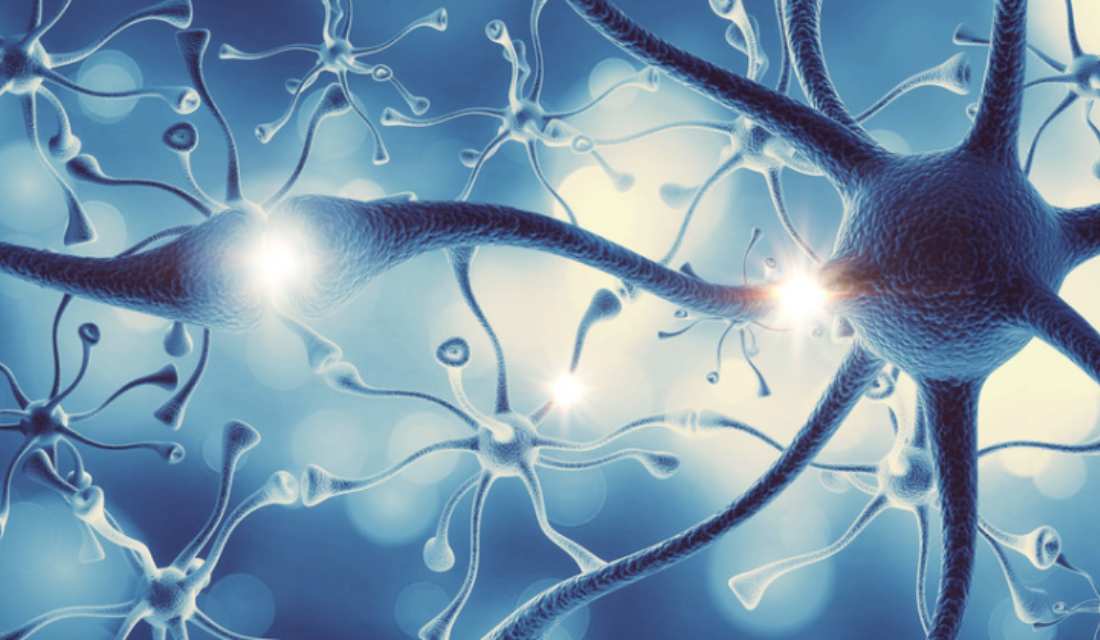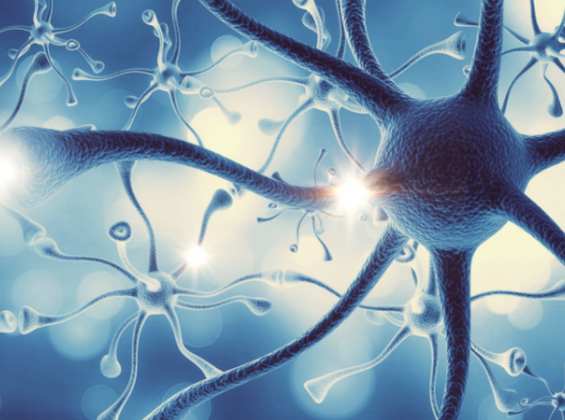
A few months ago, a vibrant and ambitious individual named Priyank lived in Noida. His friends and family knew him for his boundless energy and zest for life. Professionally, he was an accomplished architect and worked for a company on weekdays. Moreover, he had a deep passion for designing beautiful parks and recreational spaces for the community.
Priyank was always on the go, constantly thinking and sketching new ideas, overseeing construction projects, and participating in outdoor activities. His enthusiasm and dedication were evident in every work that he did.
Talking about the past life of Priyank, he was born and raised in Noida. He liked the city as it was his hometown but always hated the poor air pollution.
Every year in winter, when smog levels went high, he experienced breathing issues. He always had this issue with poor air quality because it directly impacted his health.
As Priyank spent most of his hours outside, he started experiencing occasional tremors in his hands, making it difficult to hold a steady pencil or pen. He also felt muscle stiffness in his hands and legs. At first, Priyank dismissed it as fatigue or stress from his demanding work schedule. But as the tremors became more frequent, he became concerned and sought medical advice.
After a series of tests and consultations with a specialist, Priyank received a life-altering diagnosis: Parkinson’s disease. He was shocked and devastated by this news that, at first, he couldn’t believe what the doctor said.
“Priyank, I am sorry, but you have developed Parkinson’s disease, which was the reason behind all your symptoms.” the doctor said.
“But, doctor, what caused it?” Priyank asked the doctor.
“Priyank, I read your reports and noticed reduced motor activity, lipid peroxidation, fiber loss, morphological changes, and dopaminergic neuron cell death. All these things increase the risk of PD in human beings. And as per your past reports, your body doesn’t like its exposure to air pollution which is why it is not wrong to say that air pollution has caused this disorder.” the doctor said.
He also added that neuroinflammation is a factor behind developing PD, and evidence suggests that air pollution causes brain inflammation and oxidative stress.
“Doctor, I would have never thought in my worst nightmares that air pollution is so harmful that it can cause neurological disorders,” Priyank said.
On this, the doctor said, “Yes, it’s true. Prolonged exposure to harmful air pollutants like PM, O2, sulfur dioxide, nitrogen dioxide, etc., cause neurological damage and cause neuroinflammation, which is one of the major causes behind such disorders.”
Priyank lost all his hope and thought he would lose all his independence due to this disease. However, with the doctor's support, his loving family, and friends, Priyank accepted the truth and was ready to fight it.
He educated himself about the disease, its symptoms, and available treatments. He started taking medications prescribed by his neurologist, which helped ease some of the symptoms and made him feel better.
Months went by, Priyank started feeling better, and his symptoms vanished. He resumed his work and thought to be more creative this time. Moreover, Priyank also joined local Parkinson’s support groups, where he connected with other patients facing similar challenges.
Through these connections, he learned valuable coping mechanisms, techniques, and exercises to manage his symptoms and maintain a high quality of life.
As the years went by, Priyank’s physical abilities gradually declined. The tremors persisted, and he experienced stiffness and rigidity. However, his determination remained unwavering.
Priyank accepted his new life, and instead of feeling bad, he channeled his energy into his work to create positive change in society. His story is an excellent example of understanding that the harmful effects of air pollution are not limited to the lungs but can also affect your brain.
We hope this story makes you more aware of air pollution so that we keep ourselves safe and play our part in reducing it.








Leave A Comment
Your email address will not be published. Required fields are marked.